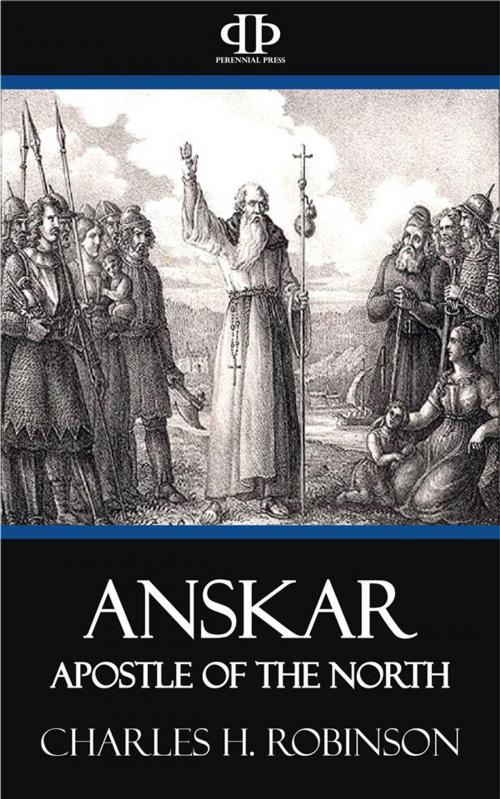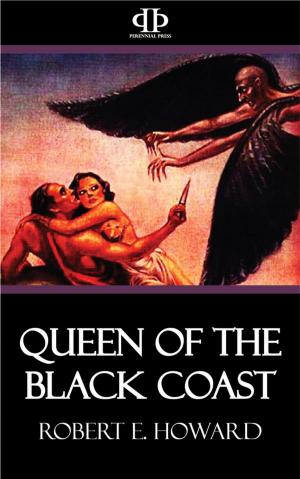Anskar - Apostle of the North
Nonfiction, History, Medieval, Biography & Memoir, Religious, Historical| Author: | Charles H. Robinson | ISBN: | 9781518319051 |
| Publisher: | Perennial Press | Publication: | November 27, 2015 |
| Imprint: | Language: | English |
| Author: | Charles H. Robinson |
| ISBN: | 9781518319051 |
| Publisher: | Perennial Press |
| Publication: | November 27, 2015 |
| Imprint: | |
| Language: | English |
The Life of Anskar, written by his companion and successor Bishop Rimbert, which we have here translated, contains nearly all that is known of his life and work. A brief summary of what is told us by Bishop Rimbert, supplemented by the information that can be derived from other sources, will serve as an introduction to a study of his work.
The Emperor Charlemagne, who died on January 28, 814, had waged a series of seventeen campaigns extending over thirty-three years (772-805) against the Saxons, his avowed object being to compel them to accept the Christian faith. In order to accomplish this end he denounced the penalty of death against all who refused to be baptized and threatened the same punishment against those who, in despite of Christian custom, ate flesh during Lent. His campaigns were conducted with great cruelty, and on one occasion he massacred in a single day 4,500 prisoners surrendered to him by Witikind whom he was endeavoring to convert to the Christian faith. As a result of his wars he had effected the nominal conversion to Christianity of the peoples inhabiting the country as far east as the River Elbe, and had included their territories within his dominions. The Danish and Scandinavian peninsulas, however, remained unaffected by his influence.
It had been his intention to make an effort to spread the Faith amongst the inhabitants of these lands, and with this object in view he had refused to allow the Church at Hamburg, which was in charge of a priest named Heridac, to be included in any of the adjacent sees, as he intended to establish it as an independent bishopric, in order that it should form a centre from which Missions to the northern peoples might be organized. The war in which he was engaged with the Danes and, subsequently, his own death prevented the accomplishment of this plan, but it was carried into effect by his son Louis the Pious...
The Life of Anskar, written by his companion and successor Bishop Rimbert, which we have here translated, contains nearly all that is known of his life and work. A brief summary of what is told us by Bishop Rimbert, supplemented by the information that can be derived from other sources, will serve as an introduction to a study of his work.
The Emperor Charlemagne, who died on January 28, 814, had waged a series of seventeen campaigns extending over thirty-three years (772-805) against the Saxons, his avowed object being to compel them to accept the Christian faith. In order to accomplish this end he denounced the penalty of death against all who refused to be baptized and threatened the same punishment against those who, in despite of Christian custom, ate flesh during Lent. His campaigns were conducted with great cruelty, and on one occasion he massacred in a single day 4,500 prisoners surrendered to him by Witikind whom he was endeavoring to convert to the Christian faith. As a result of his wars he had effected the nominal conversion to Christianity of the peoples inhabiting the country as far east as the River Elbe, and had included their territories within his dominions. The Danish and Scandinavian peninsulas, however, remained unaffected by his influence.
It had been his intention to make an effort to spread the Faith amongst the inhabitants of these lands, and with this object in view he had refused to allow the Church at Hamburg, which was in charge of a priest named Heridac, to be included in any of the adjacent sees, as he intended to establish it as an independent bishopric, in order that it should form a centre from which Missions to the northern peoples might be organized. The war in which he was engaged with the Danes and, subsequently, his own death prevented the accomplishment of this plan, but it was carried into effect by his son Louis the Pious...















